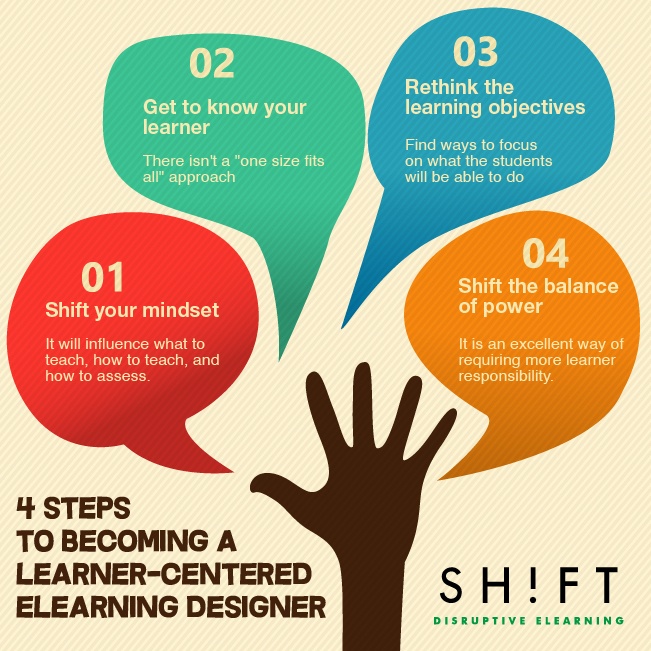This year I have decided to take Michael Schooler’s approach with reading in my classes. After years of frustrations due to “Fake Reading” (not reading at all; Sparknotes and Shmoop; or just reading to meet the deadline and not reading closely), I was intrigued by what Michael did in his classes last year.
However, it didn’t just require me to let go of the reins and control, it also required some new approaches to assessment and classroom culture. So, I made the decision to make classes blended and to minimize whole-class direct instruction as a means to allow students to take control of their learning and to remove myself as the expert they look to for all the answers. I am now a facilitator and focus on encouraging individual growth as students and human beings on their own terms.
The first step was placing a premium on authentic reading in my classes and to encourage, encourage, encourage. I did this on the first day of class as I told all my classes my biggest goal was for all students to authentically engage the texts we read. Sometimes boys have been the hardest to motivate readers in my experience. However, the initial results are highly encouraging as I have seen boys reading in class and making progress in a self-paced approach.
Next, I have done away with the busy work of reading questions and reading quizzes. While this served as a barometer for grades, it did little to encourage authentic readers that engaged themselves in the texts. Rather, reading questions and quizzes actually promote “Fake Reading” in my teaching experience as students play the game of earning just points for a grade.
Finally, I have removed reading deadlines (other then when the entire text needs to be completed by) and allow students to self-pace through the book.
So, now that this is done how do I assess student engagement and progress through texts? The answer is three-fold.
First, students are required to engage a small-group reading community in Schoology discussions that live both in and out of classtime. Students are tasked with showing how they engage texts authentically and I am able to quickly assess that through the discussions. Each student is asked to post authentic responses to what they have read. They begin with an insight about the human condition and/or society, followed by connections in the text (characters, plot, etc.) and quotes from the text to support their assertions before posing questions based on their post to their group mates. Thus, students promote an active conversation outside of class and reply to one another as they work their way through the texts together. Additionally, I purposely didn’t give students a number of posts or responses they must have, instead telling them their task is to show me their authentic engagement in a learning community and throughout the entire text. I assess students reading responses at the midway point of a book (ex. so three weeks in on Glass Castle, which they have six weeks to read) and once again at the end of the book. These grades stand in place of reading quizzes and questions.
Next, I have created space and time in my classes for one-on-one conferences. I check in with students each week for progress and then ask them questions about what they have read (ala an oral quiz) and am able to assess authentic reading in those conversations. I have created google spreadsheets that allow for me to track individual reading progress and I also have a place to take notes about our one-on-one conferences that I can reference in our next check in.
Finally, placing a premium on reading in my classes means I need prove that I value reading. So, I have freed up Friday’s in my classes for reading time for students. I also have cut back on my direct instruction. I use Monday’s for a particular skill (ex. close reading of a section to model indirect characterization through setting). These mini-lessons are mainly from the texts they are reading, but I also use excerpts from other works to model.
I have also freed up Tuesday’s for groups to meet and prepare for small-group Spiderweb discussions and Socratic seminars. I host these small-group discussions on the block days and students are only required to be in class for their group conversation. Again, with an emphasis placed on creating time and space for students to self-pace while promoting time to read and show that authentic engagement to me in autonomous fashion.
With self-paced reading, online group discussions, one-on-one conferences, and small-group discussions in class, I believe I have found the answer to eliminating “Fake Reading”. No more busy work or reading quizzes that don’t assess true engagement. Instead, allowing student autonomy and assessing in these three ways forces students to truly engage if they want to succeed in my classes.
I will then survey students at the end of a unit to gage if this approach resulted in authentic reading for students and how it compares to traditional approaches I have used in the past and students have encountered in high school English classes.
If you are interested in learning more about reading conferences, Mitch Ward and Michael shared a great article with me that is posted below:










